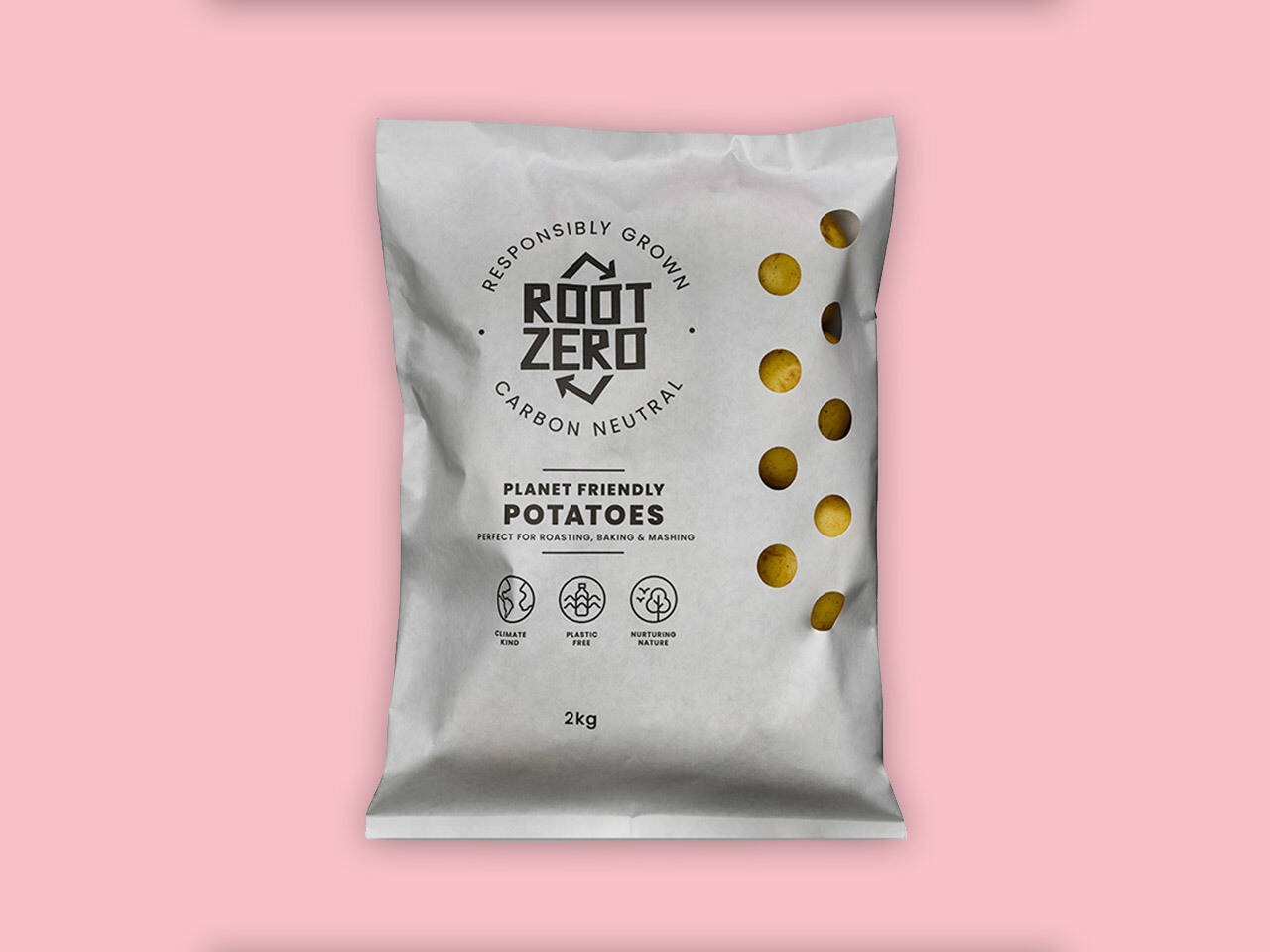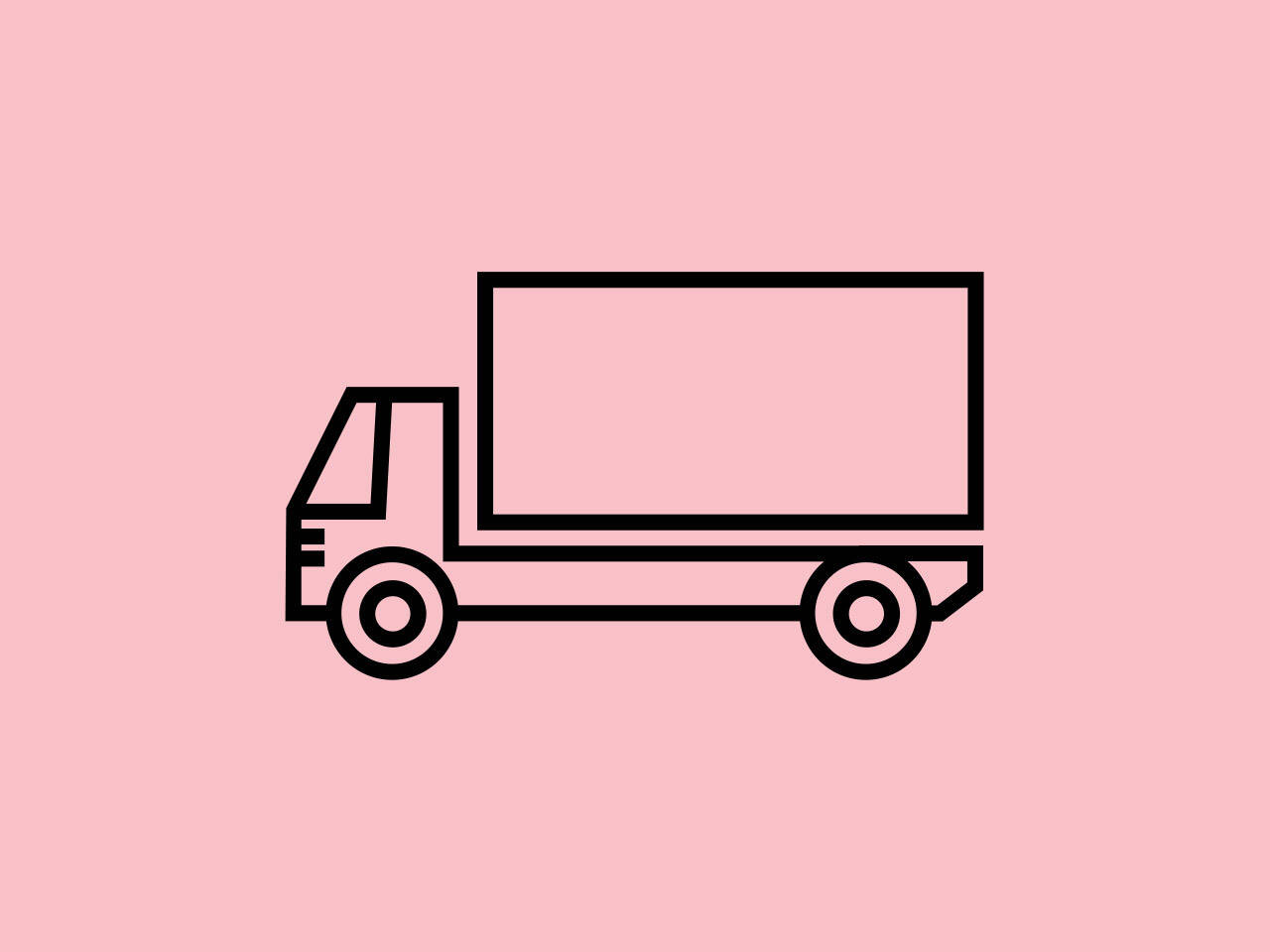FARMING
Planting potato seed, manufacture of fertilisers, ongoing management of the growing process, diesel used by tractors to harvest the potatoes.
Greenhouse gas emissions are categorised into three groups called Scope 1, 2 and 3. This is a way of categorising the different kinds of carbon emissions a company creates in its own operations, and in its wider value chain.
Scopes are the basis for mandatory reporting in the UK.
We’ve taken into account the energy used in Scopes 1,2 & 3 as follows:

Planting potato seed, manufacture of fertilisers, ongoing management of the growing process, diesel used by tractors to harvest the potatoes.

Storage of potatoes in our cold storage facilities, the processing operation where our potatoes are washed, graded and packed. All office activities including company vehicle use.

Sourcing the packaging, making and printing ROOT ZERO bags.

Taking potatoes from fields to our factory and then taking the packed product to retail depots on refrigerated HGV’s.

Customer trips to the store, store lighting, retail waste, store energy use & supermarket distribution network

Washing, cooking and storing of potatoes at home.

The number of potatoes wasted in UK households. This includes landfill, and composting.
The total carbon footprint of our business in 2019-2020 was 24,612 tonnes CO2e.
The carbon emissions from these calculations are 0.532 kgCO2e/kg for every kg of potatoes sold.
Carbon emissions can look confusing, but they don’t have to be.
The higher the number, the more work we have to do to cancel it out. So, 0.532 kgCo2e / kg means that for every tonne of potatoes sold we need to offset 0.532 kg of CO2, to neutralise our emissions.
Our breakdown by value chain stage is shown here:
We’ve worked out that 1.064 kg of Co2 are given off in the production of every 2kg bag of ROOT ZERO potatoes.
That’s the equivalent greenhouse gas emissions from driving 2.6 miles in an average passenger car for every ROOT ZERO bag sold.
Gaining an understanding of our climate footprint is important because it allows us to be able to design and deliver on our journey of transformation in carbon reduction.
Working with our trusted partner Climate Partners, we have carefully selected projects to off-set our carbon emissions, supporting local economies and funding work that is making a real impact, helping to build a healthier, more sustainable planet.
But this is just the start of our journey, because we do not think paying to off-set our emissions should be the final solution. As well as drawing carbon out of the atmosphere, we also need to work on reducing the carbon that we already emit.
This will take time, and there is no overnight, immediate solution.